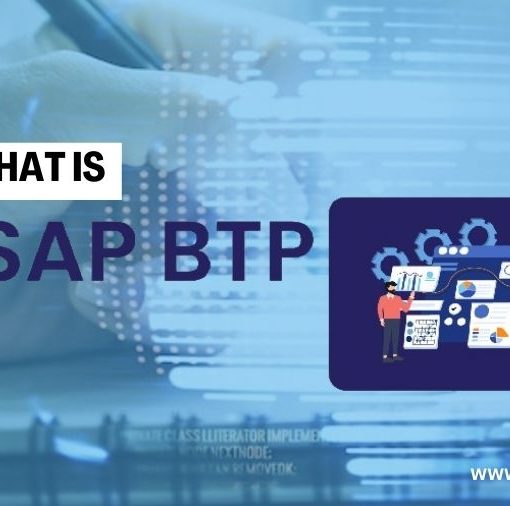In today’s highly competitive business landscape, building and maintaining strong relationships with customers is essential for long-term success. This is where Customer Relationship Management (CRM) comes into play. CRM is not just a software system; it’s a strategic approach that empowers businesses to better understand their customers, anticipate their needs, and create personalized experiences. In this blog, we’ll delve into the world of CRM and explore why it’s a vital tool for businesses of all sizes.
Understanding Customer Relationship Management (CRM)
CRM is a comprehensive approach to managing interactions and relationships with customers. It encompasses strategies, processes, and technology aimed at acquiring, retaining, and nurturing customer relationships throughout their journey with a company. At its core, CRM seeks to answer the following questions:
- Who are our customers?
- What do they need and want?
- How can we better serve them?
The Key Components of Customer Relationship Management
Effective CRM involves the integration of several key components:
- Data Management: Centralized customer data is the foundation of CRM. It includes information about customer preferences, purchase history, communication history, and more. This data is collected from various touchpoints, such as websites, social media, emails, and in-person interactions.
- Automation: CRM systems automate routine tasks, such as data entry, email responses, and appointment scheduling. Automation frees up valuable time for employees, allowing them to focus on more complex customer interactions.
- Analytics: CRM analytics provide insights into customer behavior and trends. Businesses can use this information to tailor marketing campaigns, predict future customer needs, and identify opportunities for growth.
- Customer Support: CRM software often includes customer support features, helping businesses manage and resolve customer inquiries efficiently. This leads to improved customer satisfaction and loyalty.
- Marketing Integration: CRM integrates with marketing tools, enabling targeted and personalized marketing campaigns. This ensures that the right message reaches the right audience at the right time.
The Benefits of Customer Relationship Management
Implementing CRM can bring about a multitude of benefits for businesses:
- Enhanced Customer Experience: CRM allows businesses to provide personalized experiences tailored to individual customer preferences. This fosters stronger customer loyalty and satisfaction.
- Improved Efficiency: Automation reduces manual data entry and administrative tasks, freeing up employees to focus on strategic activities.
- Better Decision-Making: CRM analytics provide valuable insights that inform decision-making processes. Businesses can make informed choices about product development, marketing strategies, and customer service improvements.
- Increased Sales: With a better understanding of customer needs and behaviors, businesses can identify cross-selling and upselling opportunities, ultimately boosting revenue.
- Stronger Customer Relationships: CRM helps businesses stay connected with customers throughout their journey, building trust and loyalty over time.
Real-World Examples
Let’s look at a few real-world examples of CRM in action:
- Amazon: Amazon’s recommendation system, powered by CRM data, suggests products based on previous purchases and browsing history, creating a personalized shopping experience.
- Salesforce: Salesforce, a leading CRM platform, empowers businesses to manage customer relationships, sales, and support in one integrated system.
- Zappos: Zappos, an online shoe and clothing retailer, is renowned for its exceptional customer service. Their CRM system ensures that customer interactions are seamless and personalized.
Conclusion
Customer Relationship Management is not just a buzzword; it’s a business strategy that drives success in today’s customer-centric world. By investing in CRM, businesses can forge stronger connections with their customers, improve efficiency, and gain a competitive edge.
In an era where customers have more choices than ever before, CRM is the key to standing out from the competition and building lasting relationships that drive growth and prosperity. Whether you’re a small startup or a global enterprise, CRM can be the catalyst for transforming your business into a customer-focused powerhouse.





